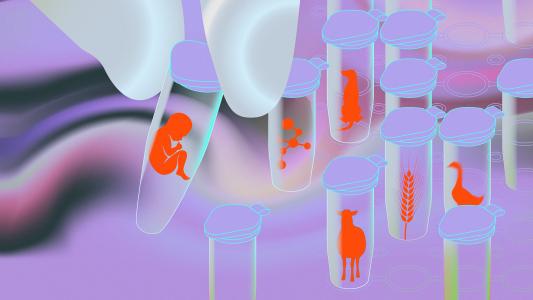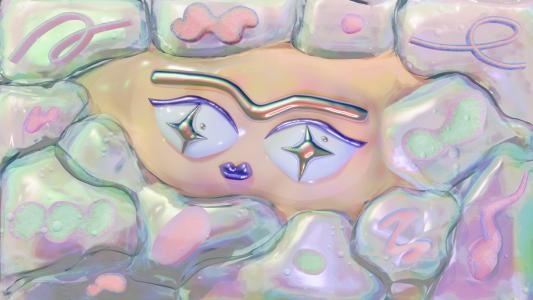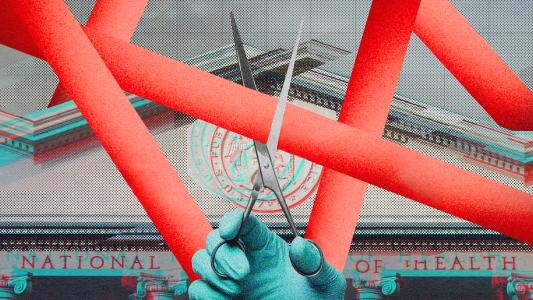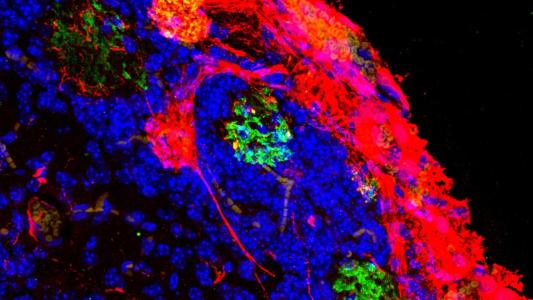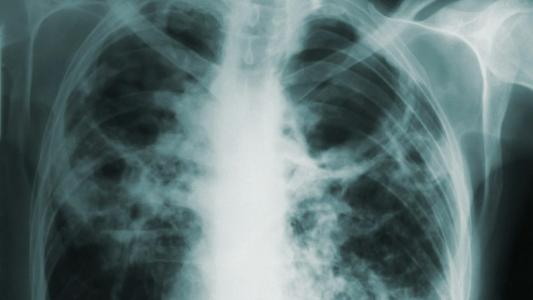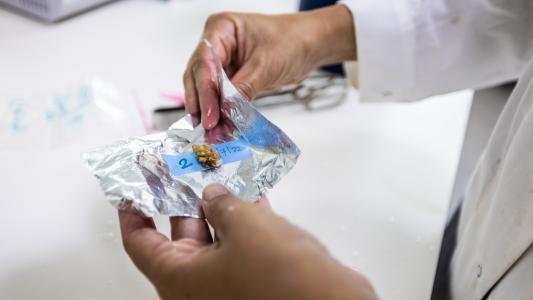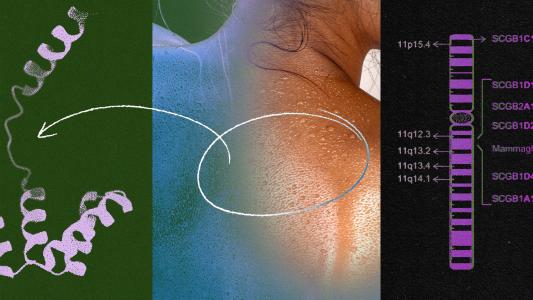Biology
Arc Institute’s new AI can read and write the code of life
Training on the DNA of nearly 130,000 species taught Evo 2 how to generate DNA sequences the same way other AIs do text or images.
We’re able to create new creatures through gene editing. What’s stopping us?
The question isn’t whether we can sculpt new life. The question is what comes next.
How cryopreservation could end death as we know it
The technology could one day allow people with terminal illnesses to go into "hibernation" until a cure is found.
How Arc Institute is bringing science into the century of biology
Researchers at Arc Institute all work toward the same goal: make concrete progress in understanding and treating complex diseases.
Revolutionary weight-loss drugs like Wegovy come with a catch
People taking GLP-1 agonists are losing too much muscle, but these drugs designed to prevent muscle loss could solve the problem.
What hybrid mouse/rat brains are showing us about the mind
Modified mice with hybrid brains that include rat neurons could one day lead to new breakthroughs in neuroscience.
AI can help predict whether a patient will respond to specific tuberculosis treatments
Instead of a one-size-fits-all treatment approach, AI could help personalize treatments for each patient to provide the best outcomes.
When an antibiotic fails: MIT scientists are using AI to target “sleeper” bacteria
Most antibiotics target metabolically active bacteria, but AI can help efficiently screen compounds that are lethal to dormant microbes.
Scientists are deep-freezing corals to repopulate the ocean
Healthy corals could disappear by the 2030s if climate change is not curbed, so scientists are deep freezing specimens.
A protein found in human sweat may protect against Lyme disease
Human sweat contains a protein that may protect against Lyme disease, according to a study from MIT and the University of Helsinki.

